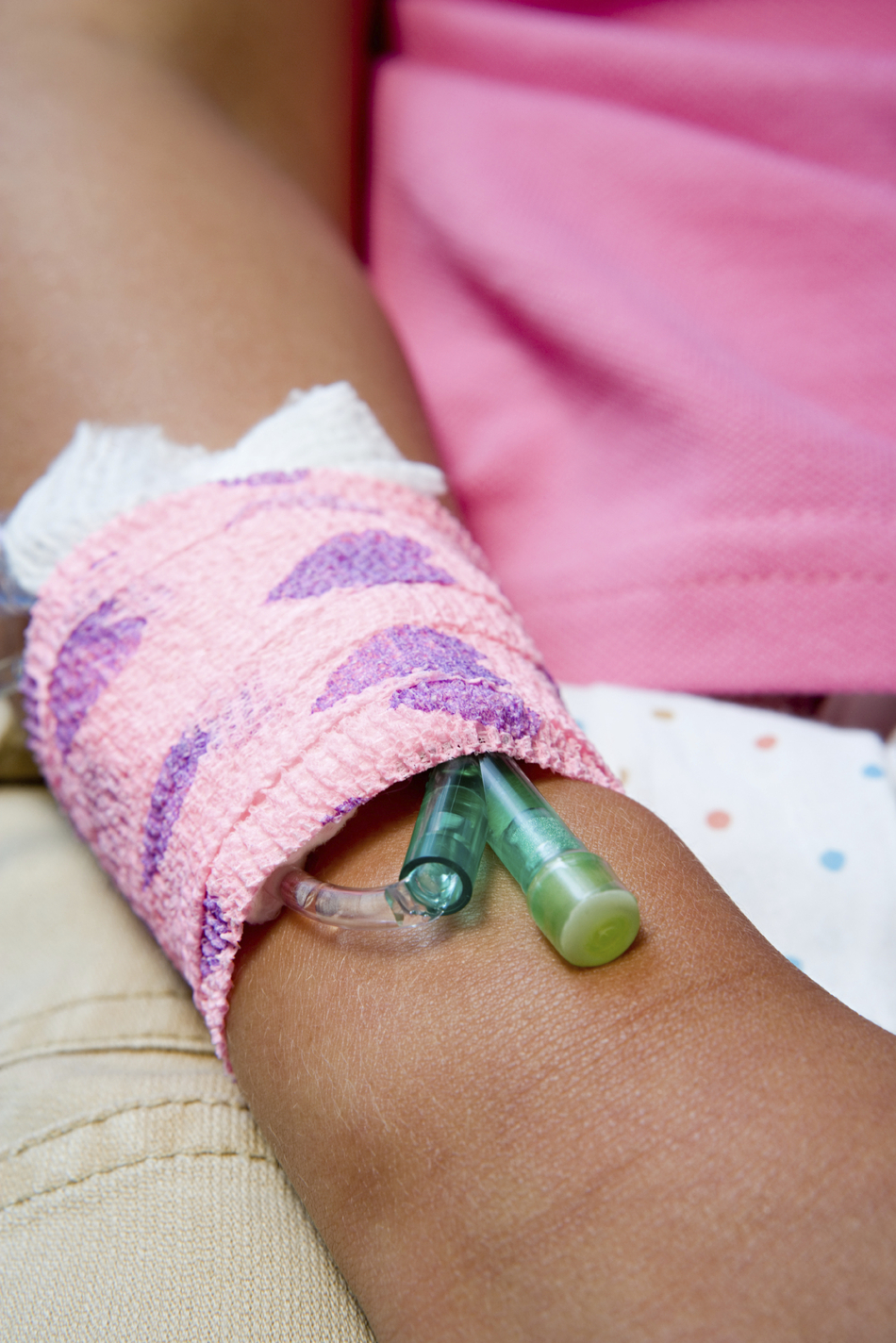Episode Transcript
Kim: Many cancer cases are caused by random chance. But for the most common cancers, prevention matters. That story is up next.
Announcer: With the latest news and research from Huntsman Cancer Institute, this is the Cancer Care Update.
Kim: A few weeks ago, the headlines blared. Most cancer types, just bad luck. And bad luck causes two-thirds of cancer cases, study finds. Many of the articles gave the impression that a study in the Journal Science by John Hopkins University researchers, showed that cancer as a whole occurs by chance, and it doesn't matter what lifestyle choices a person makes. So were the headlines accurate?
Many cancers are caused by bad luck. That is, when stem cells divide, they sometimes make mistakes. These mistakes can result in mutations that disrupt important genes. Sometimes, very rarely, these mutations lead to disease including cancer. But no, the headlines and news reports were not accurate. Many of them implied that there is no way to prevent cancer. So no reason to worry if you smoke a pack a day, are obese or spend hours roasting yourself in a tanning bed.
According to the American Association of Cancer research, this is wrong. These things do matter. In fact, they say more than half of cancer deaths in the US are due to preventable causes. Dr. Saundra Buys, an oncologist at Huntsman Cancer Institute agrees that the headlines miss the mark. She says the focus of the study really isn't on prevention and lifestyle, but instead is a technical description of how cancer rates vary in different tissues.
Dr. Buys: This is a really interesting study, and the question they set out to try to address is, why do some tissues in the body get a lot of cancer and some tissues get hardly any cancer.
Kim: It has been known for a long time that it is much more likely for a person to get colon cancer than brain cancer. The study was hoping to explain how this type of difference occurs. But the authors of the study, Christian Tomasetti and Bert Vogelstein showed that tissues with stem cells that divide a lot tend to have higher rates of cancer, while those that divide rarely tend to have lower rates of cancer.
On average, a person is 25% more likely to get colon cancer than glioblastoma, a type of brain cancer. The study implies that much of the difference between these rates is due to the fact that colon stem cells tend to divide more frequently than glial stem cells.
Dr. Buys: I don't think this says anything really about cancer being preventable. I think it really just says we can predict the baseline risk of an organ getting cancer. But you can perturb that system and dramatically increase the likelihood of that organ getting cancer in it by lifestyle factors, and genetic factors also dramatically perturb that.
Kim: A person who eats a lot of red meat, doesn't exercise and is obese, can increase their risk for colon cancer. Genetics can also have a large role. Certain mutations in the APC gene can actually increase a person's risk of getting colon cancer to 100% in their lifetime. Some brain cancers on the other hand are not known to be significantly influenced by diet, exercise or genetics, and are more likely to be caused by random mutation.
Dr. Buys: There probably are some cancers that prevention doesn't have that much of an impact on, and those are the cancers that instead of trying to do things to prevent, we ought to be looking at early detection. One of the really interesting things, though, is that the really common cancers are the ones we seem to be able to do something about. So, lung cancer, we can not smoke. Colon cancer, bladder cancer, breast cancer, prostate cancer, we can try to avoid being obese.
Kim: Of course, even with these common cancers, many cases are caused by mutations that occur at random. The problem is we don't know how many or which ones are in this category, and this recent study doesn't tell us that either. The bottom line is that almost anyone can get cancer. But staying healthy and detecting cancer early when it does occur can reduce a person's chance of dying from the disease. For the Cancer Care Update, I'm Kim Shuskey with Huntsman Cancer Institute.
Announcer: For more resources from the cancer care and research experts, Huntsman Cancer Institute, go to HuntsmanCancer.org. The Cancer Care Update is a co-production with TheScopeRadio.com, University of Utah Health Sciences Radio.
